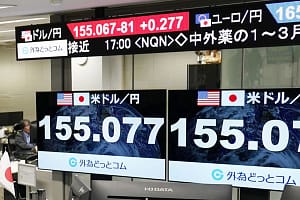Aviva Investors, the global asset management arm of Aviva, expects most developed economies to experience recessions over the coming year, as global central banks continue to tighten monetary policy in order to address persistently high inflation. Reducing inflation is policymakers’ priority and economic slowdown or recession is considered a price worth paying.
The extent of downturns should however be modest, as private sector balance sheets are robust meaning there is no need for significant de-leveraging and retrenchment. But growth risks remain to the downside, especially over winter months as the impact of high energy prices and restricted supply is felt, especially in Europe.
The effect of the major supply-side shock following Russia’s invasion of Ukraine is still being felt, but central banks now feel they must restrict demand growth to the pace of constrained supply to counter the more underlying inflation impulse that is now compounding the impact of the energy price spike alone.
The combination of slowing growth, high inflation and aggressive central bank policy is a difficult one for financial markets. Aviva Investors believes that inflation should fall back next year, but risks are to the upside. Markets can be expected to remain volatile until underlying conditions switch more decisively towards normality.
Michael Grady, Head of Investment Strategy and Chief Economist at Aviva Investors, said: “For asset markets that had become used to cheap money and unlimited liquidity, a challenging period of adjustment to the new regime will be necessary. This will take some time to play out, although there can still be investment opportunities while it does.
“We have a preference to be modestly underweight duration, with upside inflation risks outweighing the downside recession risks. We are broadly neutral equities, with the rise in real yields putting further pressure on multiples. We also expect to see downward revisions to earnings expectations in coming quarters.
“We are neutral on credit, where we think the pricing of high yield spreads fairly reflects recession risk, although the bias is still for further widening from here. The all-in yield on investment grade paper makes it relatively attractive. In currencies, we continue to prefer to be overweight the US dollar due to greater economic resilience and higher underlying inflation in the US.”





Leave a Comment